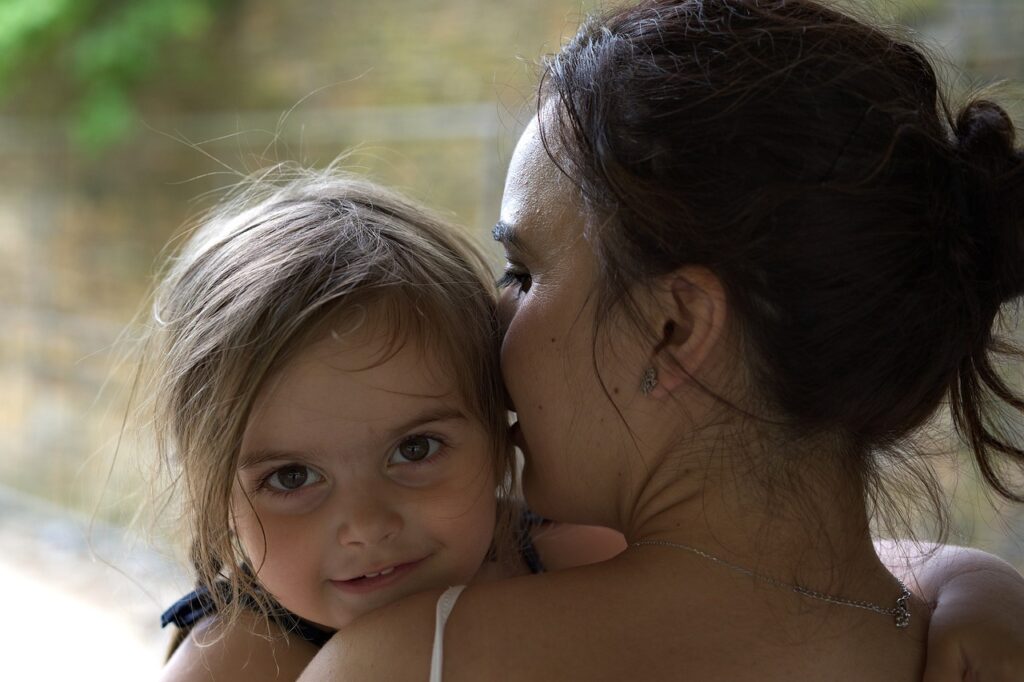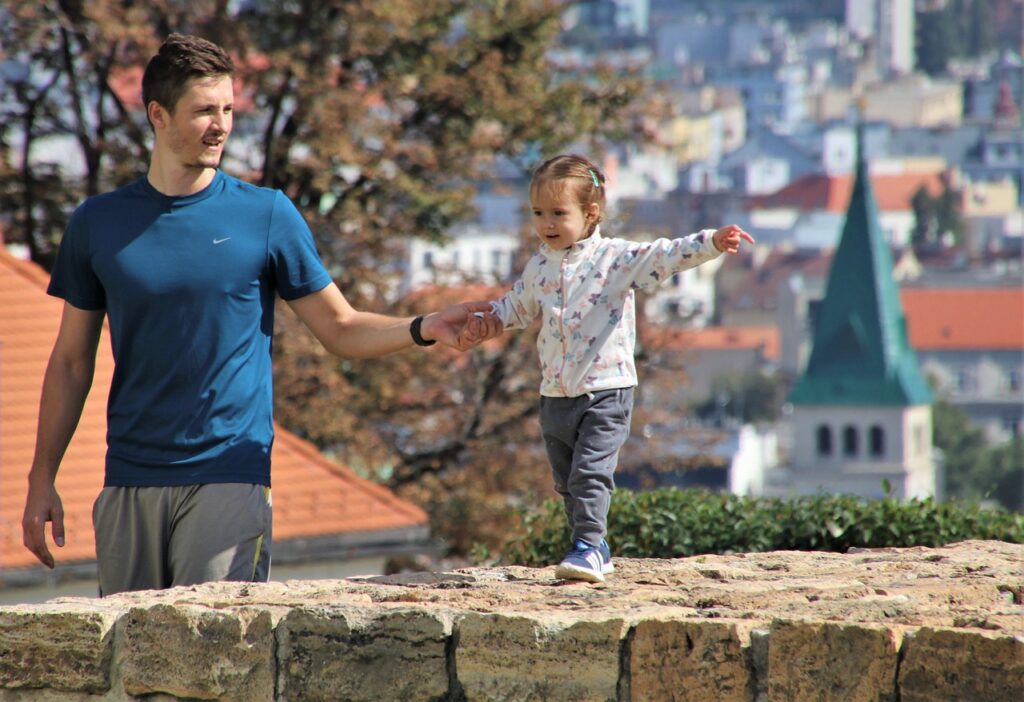
We all have people in our lives who contribute (or not) in positive ways. I’m not talking about practical support, although it is always helpful. I am referring to those relationships that make us feel safe. Safe enough that we feel comfortable to be our authentic self. Safe enough that we feel energised, relaxed, happy and hopeful. What is it about these relationships that give us the sense that these people can be trusted? Our mind and body are always working in unison to assess others and our environment for risk. This happens without us noticing, subconsciously. When we are mindful of our thoughts, feelings, and physical sensations, we can start to recognise who in our life fills our cup and accepts us unconditionally.
What are Cues of Safety?
Cues of safety are essentially the ways in which we communicate. When we think of communication, we often think of what is being said. Whilst this is important, 90% of communication is nonverbal. These non-verbal cues can be through such things as facial expressions, eye contact, body posture and positioning, gestures, proximity, tone, prosody and pace of voice. For instance, a loving mother holding her baby singing in a soft, calm voice, whilst gazing with gentle eyes and smiling, will wire that child’s brain to know that their mother can be a source of safety, protection, and regulation. When such cues of safety are experienced by a child in a consistent, repetitive, and predictable way, the child will expect nothing more than unconditional love, acceptance, and care.
Our senses are also at play here. When our brain is assessing for cues of safety, our senses send information subconsciously that influence how we respond. Our brain is constantly looking for information that aligns with associations that have been wired and connected. For instance, you may meet someone and immediately feel a sense of calm and comfort, as they are wearing a cologne your father wears and he is a kind, gentle man. Our senses tell us a lot about how we have made sense of our relational experiences and this, when coupled with a proactiveness to be consciously aware, can become a useful tool for us to identify who in our lives make us feel safe.
My previous blog highlighted what relational safety looks like. This also is parallel to cues of safety. Relationships that have patterns of predictability, consistency, reliability, acceptance, playfulness, curiousity, attunement, empathy, affection, and repair, relay messages to our brain that tell us, this person is safe because…
- They show up the same way every time and I know what to expect from them.
- They make me feel valued and loved even though they see my flaws and weaknesses.
- They listen without judgement.
- They value our relationship as they makes amends when we have disagreements.
- They care about me and want to know what I truly feel and think.
It is the reciprocal nature of such relationships that overtime, strengthen and deepen bonds of safety.
What we say and how we say it plays a significant role when receiving cues of safety. You may have a sister you gently gives you advice with empathy, whilst your brother is direct, and less kind with his words. How congruent a person presents in terms of what they say, their non-verbal cues, and their patterns in relationships will send us messages that either alert our mind and body to safety or lack of safety.

How can we notice these cues of safety in our relationships?
When I wondered about this, I thought of simple questions we could ask ourselves when we are holding people in mind. These questions look like…
- What is it about this relationship that makes me feel safe?
- How do they fill my cup?
- How do I feel before/during/after being with this person?
- What thoughts cross my mind before/during/after being with this person?
- What do I notice in my body before/during/after being with this person?
I think the answers will speak for themselves.
Why is this important?
There are many benefits of being more consciously aware of cues of safety. When we think about the life we want to live, we can consider the people in it. The people in our lives shape and influence our thoughts, feelings, behaviours and many other things. Understanding who in our lives we feel safe with and why, helps us to decipher what relationships build us up, ground us, help us to be better versions of ourselves or make us feel good.
We can start to prioritise those relationships and live a more fulfilling life. We can surround ourselves with people who hold our best interests at heart and who have values that align with our own. When we recognise who in our lives are good for our soul, we can start to easily notice those people who may be contributing to our pain, stress, or worry.
How to move forward from here?
We are always sending one another cues of safety. Start slowly, with the closest person to you. You could journal, talk or just think about some of the questions I have posed. Notice your thoughts, feelings and physical sensations as you reflect on non-verbal and verbal cues, your sensory experience and patterns of interaction in your relationship.
Are you pregnant and looking for a relationally safe birth experience?
DOMIA Mind Body Connect is currently providing the Hypnobirthing Australia Positive Birth Program. Classes are available on Sunday 30th April and Sunday 7th May. Contact Jamie on 0426 977 553 or info@domia.com.au to find out more.
Instagram: https://www.instagram.com/domia_mind_body_connect/
Facebook:facebook.com/domiamindbodyconnect
